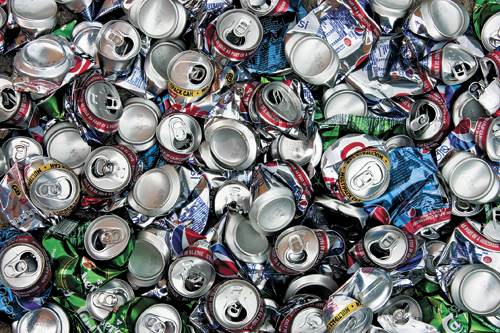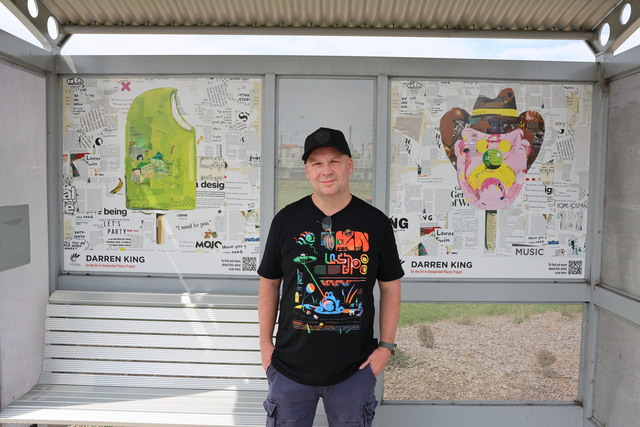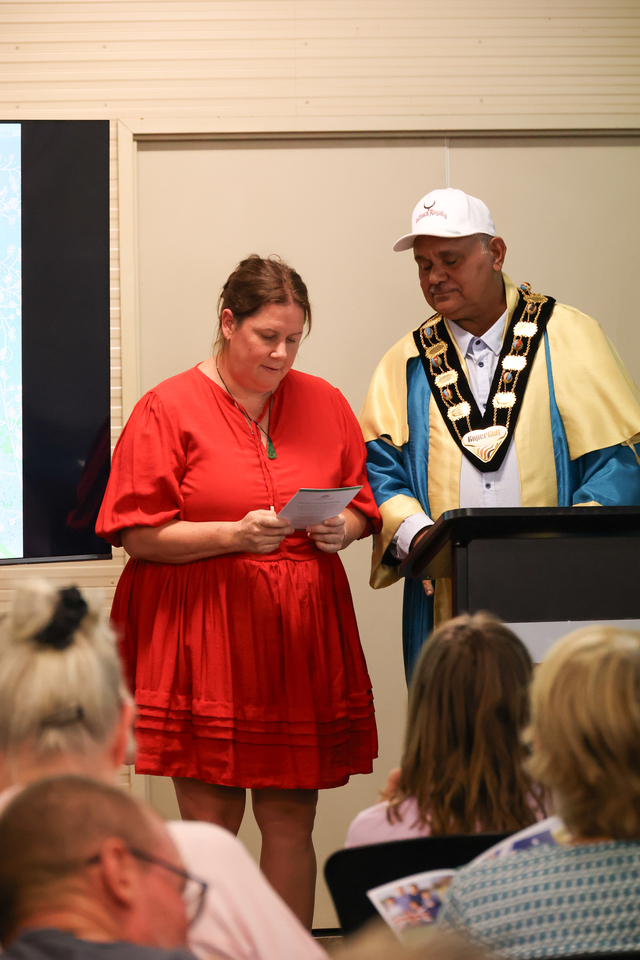The pressure on the Federal Government to introduce a national Container
Deposit Scheme (CDS) has increased following Coca-Cola Amatil’s recent
success in court over the Northern Territory Government.
In January 2012, the NT Government introduced a ‘cash for containers’ scheme that included a 10 cent incentive on bottles and cans that were returned to the manufacturer. The scheme had benefits on many levels: it reduced litter providing an incentive for individuals to collect and return containers and it also offered councils, particularly those in remote shires, with a revenue stream beyond rates and grants.
Within days of the 2011 announcement of the NT Government’s intention to introduce the CDS, Coca-Cola Amatil declared that they would challenge the legislation on the basis that it breached the Commonwealth’s Mutual Recognition Act 1992 and, as is well known by now, the multinational, supported by Schweppes and Lion Pty Ltd, won its case in the Federal Court on the 4th of March this year.
The reaction across Australia was instantaneous on social media, by and large it represented an expression of disbelief and dismay that corporate self-interest could trump a sensible and successful environmental policy. In the 12 months the scheme had been running in the NT, 50 million containers had been recycled, representing a doubling of the recycling rate, and 22 recycling depots had opened up.
The NT Government quickly responded to the suspension of the scheme by stepping in to finance it pending an appeal against the Federal Court’s ruling and an application to the Council of Australian Governments (COAG) for an exemption from the Mutual Recognition Act, the basis on which South Australia has run its state-wide CDS for over 30 years.
The President of the Local Government Association of the Northern Territory, Damien Ryan said last month. ‘I applaud the Northern Territory Government and Minister Peter Chandler’s commitment to supporting the container deposit scheme with its continuation while he works towards obtaining support to gain exemption from the Mutual Recognition Act’
‘The scheme is a wonderful initiative for the Northern Territory and it has proved its worth not just for reasons of keeping public places tidy or reducing waste in landfills and recycling materials but also because the public support it and it provides employment’.
‘Local government will be doing whatever it can to support the Government in its bid to gain the exemption’.
‘Clean and tidy cities and towns are what we all want and this initiative is a marvellous contribution towards that happening’.
Environmental groups and consumers have also grabbed hold of the issue, running highly successful media campaigns and boycotts to further demonstrate the pressing need for the introduction of a national scheme that would, once and for all, exclude the possibility of multinationals overriding recycling and litter reduction policy in this way.
The hard facts
COAG’s Standing Council on Environment and Water (SCEW) estimates that Australians consume up to 14 billion drink containers every year, with less than 40 percent of these ending up being recycled. The remaining 60 percent ends up in landfill or, more disturbingly, in our oceans and waterways.
The impact of plastic litter on seabirds and marine life is dramatic. According to Greenpeace, ‘at least two thirds of Australian seabirds are affected by plastic pollution’, either by becoming entangled in it or ingesting it. Many species are increasingly threatened by the proliferation of plastics in the environment, pushing protected and endangered species ever closer to extinction.
With the highest rate of littering in the country, the Western Australia Local Government Association (WALGA) has been pushing for a state-based cash for containers scheme for a long time. The campaign was ramped up leading towards the recent State election, with numerous council-led litter reduction events, a petition and continued pressure on politicians from all parties to support the scheme.
As of February this year, according to WALGA President Troy Pickard, “Local government and the community have embraced the campaign, with 1590 people signing our petition and nearly 1000 emails being sent to the Minister for Environment. To date, over 25 councils, representing one fifth of the State’s population, have provided formal endorsement of the campaign…”
In Tasmania there is bipartisan support in Parliament for a national scheme and, pending the outcome of this month’s COAG meeting, the indication is that the State might go it alone if there is no resolution on a federally legislated CDS.
The benefits of a national scheme to the Tasmanian economy have been outlined by the Boomerang Alliance, a group made up of 20 environmental organisations that have been both highly visible and vocal in the campaign for a national CDS.
According to the model proposed by the Boomerang Alliance the outcomes for Tasmania include: the virtual elimination of littered cans and bottles; an increase in recycling of containers to over 80 percent; the creation of over 300 new jobs in recycling; employment opportunities for low skilled and disabled workers; new business opportunities for community groups through recycling depots; and $10 to 15 million in private sector capital investment in recycling depots, trucks, etc. — all at no cost to government.
With the introduction of a national CDS, this model can be replicated and multiplied across the country, with long-term environmental gains that cannot be ignored. It will require all levels of government to unite at COAG to achieve the introduction of a national CDS, with its attendant benefits for councils, ratepayers, the community and, most importantly, the environment.








